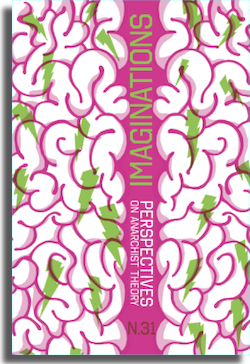IAS Celebrates 25 Years: Grants Program Accepting Proposals
The Institute for Anarchist Studies turns 25 next year! The IAS is dedicated to furthering anarchist ideas and making them accessible to a broad audience. To celebrate a quarter century supporting radical thought, we are excited to announce the renewal of our grants program for 2021. … Read more









